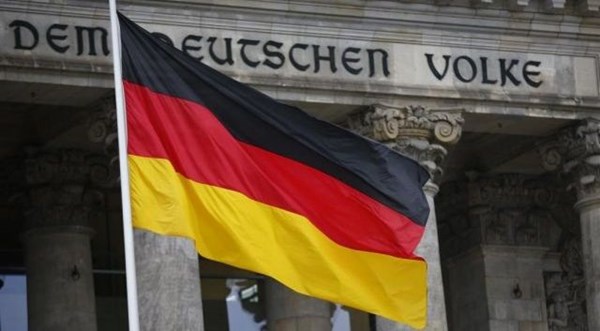Germany refuses to service engines for Russian Navy
Western countries continue to tighten the noose of technological sanctions against Russian industry.
Following the aviation industry, the Russian United Shipbuilding Corporation, a 100% state-owned holding company uniting 40 design bureaus, shipyards, ship repair, and machine-building companies, fell under the blow of export control, prohibiting the supply of dual-use products to the Russian Federation.
“Foreign companies are increasingly refusing to service components supplied to Russian shipbuilding companies,” said at a briefing the head of the Russian United Shipbuilding Corporation Alexei Rakhmanov.
"The problem is growing every day," he added. "Both the number of delays in the supply of products from abroad and the number of complete denials of service by foreign contractors are growing".
According to him, in particular, difficulties arose with engines from Germany.
"We have, for example, one ship, for which the German engine supplier announced a recall campaign, notified us about it and has not come [to install the engine] for the fifth month. And they explain this by the fact that, even though the contract was signed, and the engine was delivered to our plant, they have to re-apply to BAFA (Federal Office for Economics and Export Control of Germany)," Rakhmanov was quoted as saying by TASS.
In March 2021, the Norwegian government refused to approve the sale of Bergen Engines, which specializes in the production of marine engines, to the Russian Transmashholding.
Transmashholding, the largest machine-building holding in Russia, whose factories are building power systems for the United Shipbuilding Corporation, planned to purchase the Norwegian engine manufacturer from the British corporation Rolls-Royce for 150 million euros. But the deal, which would have opened Russia's access to Western marine engine technology, was blocked by Norway's National Security Authority.
Established in 1946, Bergen Engines is a supplier to the Norwegian Navy and also maintains more than 5,000 power systems in service. "The Russian company cannot be allowed to maintain critical defense equipment," the Norwegian Defense Ministry and the Ministry of Justice said in a joint statement at the time.
According to the Russian Centre for Statistics and Monitoring of S&T and Innovation, almost a third of all advanced technologies that are used in production in the Russian Federation are purchased abroad. At the same time, in the period 2011-18, technological dependence grew steadily: the share of imports jumped from 21.1% to 29.3%.
